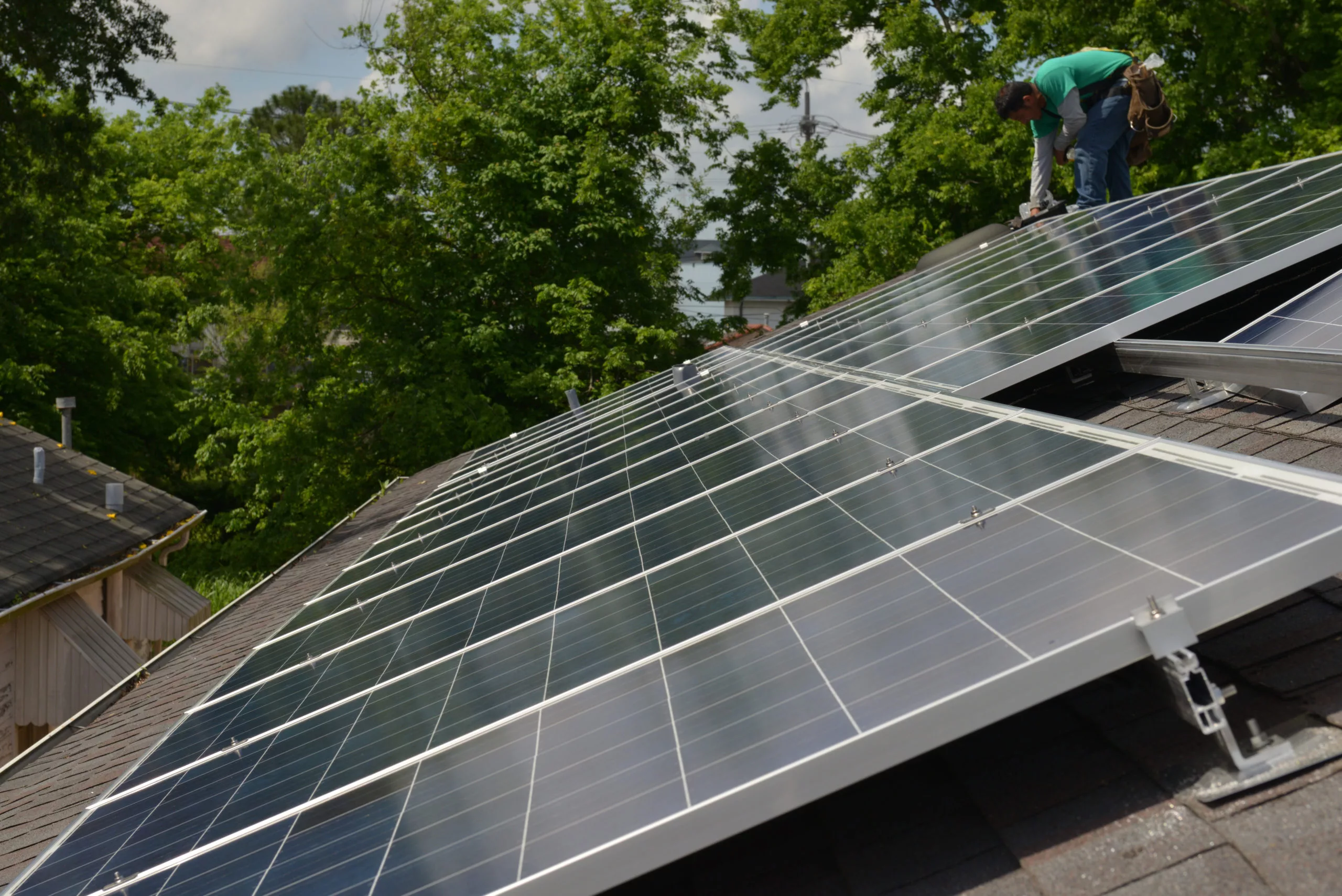Against the backdrop of a presidential administration and Congress that are more receptive to climate action, the United States’s re-entry into the Paris Climate Agreement, and rising activism (especially from youth-led organizations) around creating a healthier, more sustainable planet, net zero business initiatives are increasingly salient. “Net zero” means reducing greenhouse gas emissions as much as possible while balancing remaining emissions with carbon removal to achieve “climate neutrality.” Forward-thinking companies are making the shift now to becoming climate-positive, regenerative businesses — or businesses that are taking more greenhouse gases out of the atmosphere than they are contributing — in order to be competitive in an increasingly decarbonized economy.
How net zero goals are achieved within a company makes a difference — there is controversy among climate-action leaders that relying on offsets alone will not reduce overall emissions or result in a climate-positive economy. As a purpose-driven private equity fund and a Certified B Corporation, we at the Builders Fund look for ways to guide our portfolio companies to become more sustainable and, ultimately, regenerative. Two companies — Traditional Medicinals and PosiGen, Inc. — have been actively involved in the net zero movement. In honor of Earth Month this April, we are sharing those actions and encouraging other businesses and investors to consider how they can help usher in a more sustainable economy.
Committing to Net Zero by 2030
At the end of 2019, during the UN Climate Change Conference (COP25), 500 B Corps committed to achieve net zero emissions by 2030, including our portfolio company Traditional Medicinals. This net zero commitment is notably set 20 years earlier than the goal from the Paris Climate Agreement of 2050 because the science makes abundantly clear that we need more action, and sooner, than even Paris calls for to avoid the worst impacts of climate change.
As the leading seller of herbal and wellness teas in the United States, this commitment from Traditional Medicinals has a large ripple effect and will have a lasting impact both internally and throughout the company’s supply chain. Traditional Medicinals, along with being a B Corp, is a California Certified Green Business. This certification, established by the Government of California, is granted to “businesses that engage in environmentally beneficial operations.”
To address its emissions, Traditional Medicinals works with Soil & More Impacts, which calculates companies’ carbon footprints. Through this collaboration, Traditional Medicinals has been able to identify ways to reduce and offset their emissions. For example, Traditional Medicinals has invested money in expanding wind power and its headquarters uses 100% local renewable energy from solar panels and geothermal energy sources. The company also purchases carbon offsets from Bonneville Environmental Foundation.
In 2020, Traditional Medicinals purchased 1,250 metric tons of carbon credits, a 134% increase compared to 2019. Some of the offsets the company purchased went to sustainable forest management in California and Western Canada. Further offsets went to conserving forests and peatland in Zimbabwe and Indonesia, where many of the company’s herbs are produced.
Building a Net Zero House
Solar power has historically been available only to the wealthy, but PosiGen believes renewable power should be accessible to everyone and has built its entire business model to serve low-to-moderate income homeowners with a combination of solar and energy efficiency upgrades to save their customers money on their utility bills.
On the net zero front, PosiGen partnered with the Hartford Habitat for Humanity, and others, in 2019 to create a Zero Energy Ready Home (ZERH), the first ever created by a Connecticut Habitat for Humanity. The house is 40-50% more energy efficient than an average home and is able to offset all or most of its energy consumption.
“We are very proud to partner with Habitat for Humanity to build a net zero home,” said Tom Neyhart, PosiGen CEO. “Until now, most people believed that net zero construction was only for the affluent. At PosiGen, we believe we can only achieve true change if all families, no matter what their economic status is, are included. Solar for All is PosiGen’s mission and we believe this partnership with Habitat for Humanity is a huge step in the right direction!”
Along with this net zero project, PosiGen helps reduce energy consumption for low- and moderate-income families. Through its business model, rather than having homeowners buy solar or energy efficiency upgrades directly, PosiGen finances and leases low cost panel installations to homeowners along with a suite of energy efficiency upgrades that PosiGen provides to every single household while underwriting. These upgrades ensure that the homeowners’ fixed, monthly payments are covered by the utility savings from the solar energy and efficiency upgrades. This past year the company saved its customers over $6 million! Additionally, in the summer of 2020, PosiGen joined forces with the City of New Orleans and the Greater New Orleans Housing Alliance to implement the city’s Solar for All NOLA clean energy initiative.
Turning Commitments into Actions
In order to avoid the worst impacts of climate change, economic actors need to begin taking matters into their own hands. Net zero commitments — and sustainability commitments more broadly — are a part of this solution, but commitments alone will not get us out of this crisis. Turning commitments into actions and sharing the processes for achieving them must be a priority for all companies. Moving forward regenerative principles must be baked into economic innovation and collaboration.
Companies can help by examining their own internal processes, their supply chains, and their offerings for any areas of improvement. Investors can do so by directing their capital to companies that are embedding sustainability in operations and by providing them with guidance when possible.







